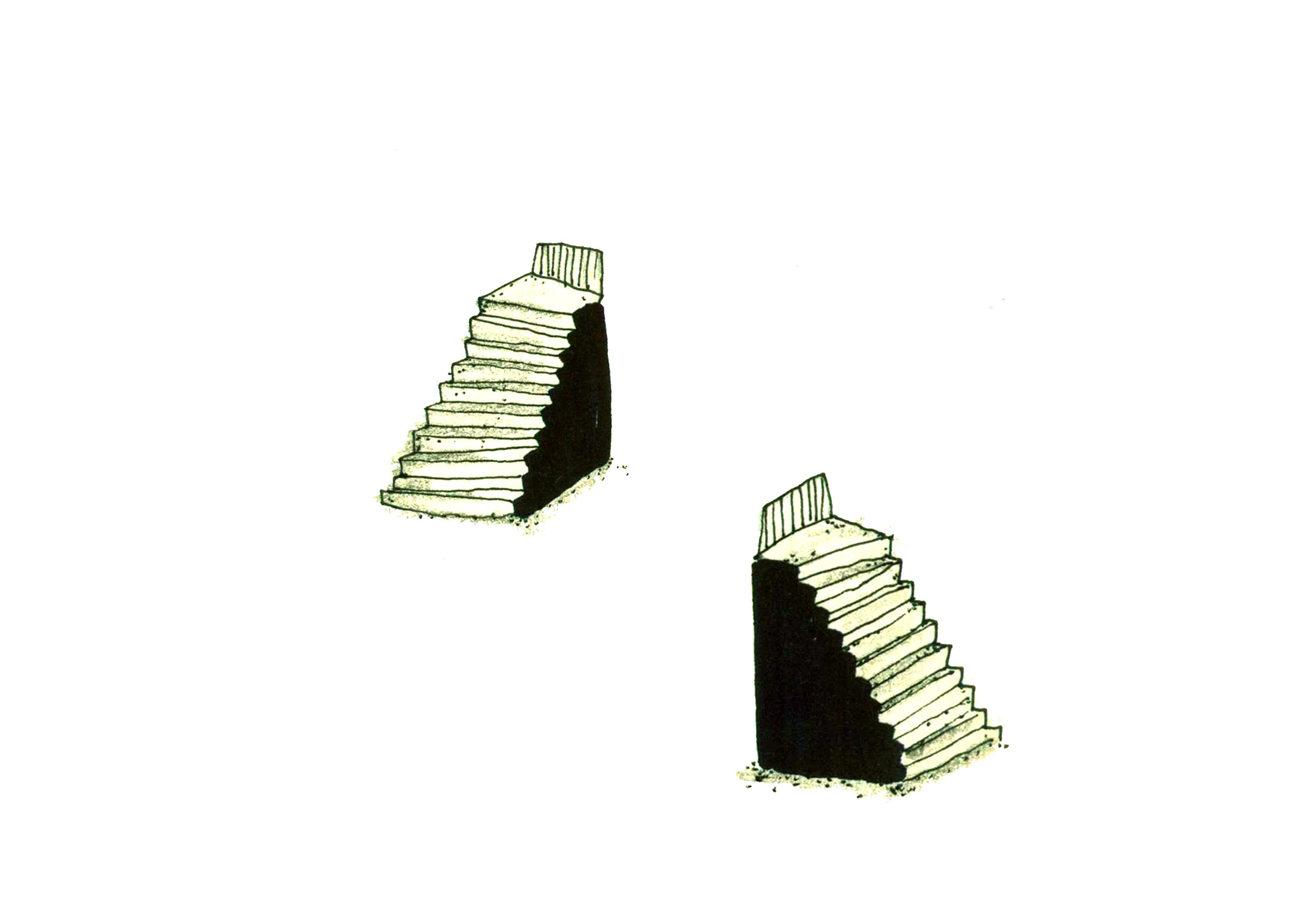
Land of Dissolution
Kosovo has moved past the horrors, but it's still a nation struggling to find a new identity and move forward.

Richard Warnica
Richard Warnica is a writer and editor from Canada.
This story was originally written in English.
KOSOVO2.0
Loading...

